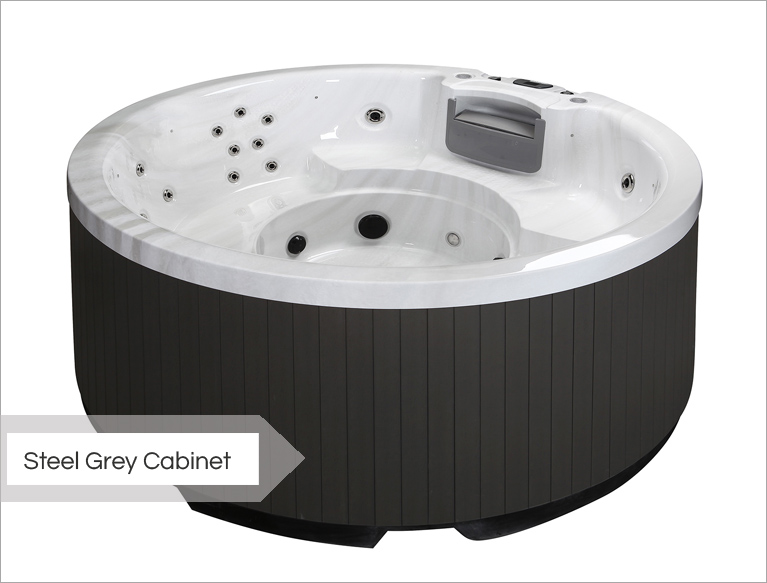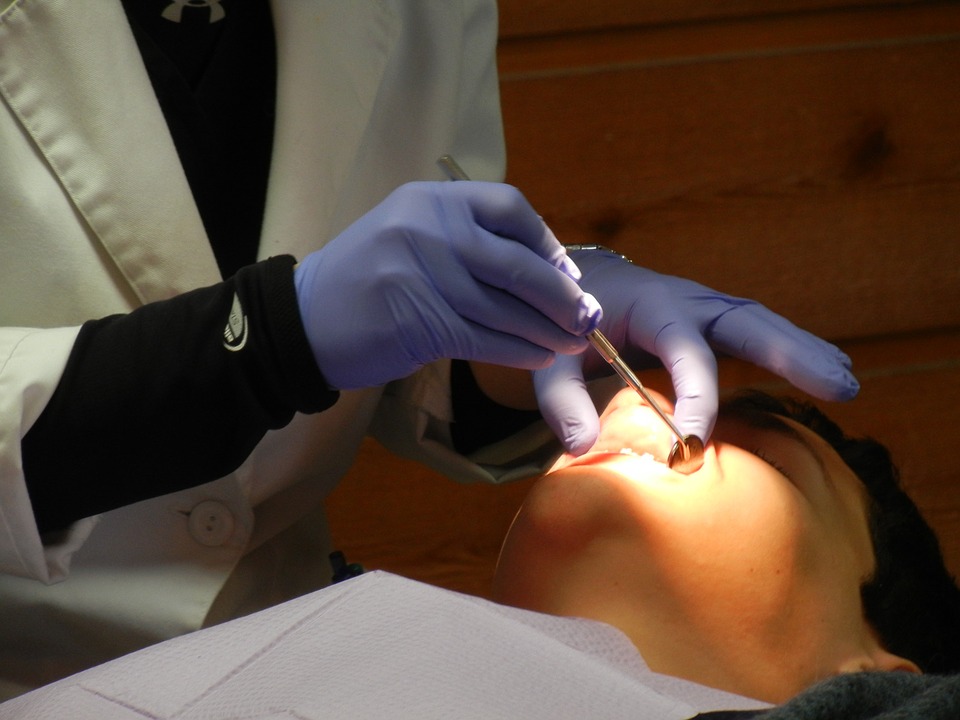If you or your family members have sensitive skin, you’ve likely experienced irritation after swimming in chemically treated water. Redness, dryness, or itchiness are common complaints, especially when chemical levels are imbalanced. So, the question arises: Is an automatic chemical feeder a better solution for people with sensitive skin? The answer is yes—when used properly.
The Problem with Manual Dosing
When chemicals like chlorine are added manually, it’s easy to end up with inconsistent levels. You might pour too much or too little, causing sharp spikes or dips in concentration. These fluctuations can make the water harsh and irritating, especially for sensitive skin or eyes. Even if the pool looks clean, uneven chemical levels may cause reactions in individuals with skin sensitivities or conditions like eczema.
How Automatic Feeders Help
Automatic chemical feeders are designed to gradually and consistently release sanitizers like chlorine or bromine into the water. This steady dosing helps maintain balanced chemical levels, which is key to reducing skin irritation.
Here’s why that matters:
-
Stable Sanitizer Levels
Skin irritation is often triggered by sudden chemical spikes or low chlorine levels that allow bacteria to flourish. Automatic feeders help prevent these issues by keeping chlorine or bromine within a safe, effective range at all times. -
Reduced Chemical Overuse
Over-chlorination is a major culprit behind red eyes and dry skin. Automatic feeders minimize the risk of overdosing by dispensing only what’s needed, when it’s needed. -
Better Water Balance
Many modern feeders work alongside pH controllers or water monitors. A well-balanced pH (ideally between 7.2 and 7.6) makes sanitizers more effective and less aggressive on the skin.
Best Practices for Sensitive Skin
While automatic feeders can make a big difference, they’re only part of the solution. Here are a few extra steps to protect sensitive skin:
-
Shower Before and After Swimming: Rinsing helps reduce chemical buildup and skin reactions.
-
Moisturize: Apply a gentle, fragrance-free moisturizer after swimming to keep skin hydrated.
-
Use Sensitive-Skin-Friendly Products: Consider mineral-based or saltwater systems with feeders that are generally gentler than traditional chlorine.
-
Test Water Regularly: Even with a feeder, check sanitizer and pH levels weekly to ensure everything stays in range.
Conclusion
For individuals with sensitive skin, an automatic chemical feeder can be a smart investment. By keeping chemical levels consistent and reducing overuse, it creates a safer, gentler swimming experience. Combine it with good skincare habits, and you can enjoy the water without the worry.


